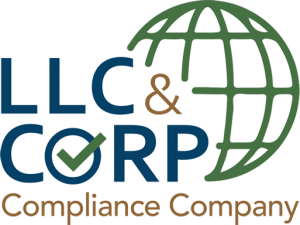
Directors of companies considered as final beneficial owners
We already know that a company that prepares its Beneficial Ownership Report (BOI) in accordance with the Corporate Transparency Act (CTA) has the obligation to identify each of the members of its board of directors (or directors) as final beneficiaries. Although FinCEN regulations do not require a reporting company to list all members of the board of directors as beneficial owners, there are some practical considerations that should be considered when preparing the report.
According to the CTA law, a company that submits the BOI report must include the identification of each of its beneficial owners. A beneficial owner is any individual who directly or indirectly owns 25% or more of the ownership interest in the company that is issuing the report, or who exercises substantial control over the company. Members of a company’s board of directors do not automatically exercise substantial control by virtue of their role as directors.
According to the information presented by FinCEN in FAQ D.9, it is expressly stated that a member of the board of directors of a reporting company does not always need to be identified as a beneficial owner. And yet, there is no provision in FinCEN regulations that describes the circumstances under which a director must be identified. The definition of “substantial control” within subsection (c) states that an individual has substantial control (and is therefore a beneficial owner) if this individual “has substantial influence over important decisions made by the reporting company.”
The content of the explanation in FAQ D.9 indicates that “whether a particular director meets any of these criteria [of substantial control] is a question that the reporting company must consider on a director-by-director basis.” This conclusion follows the regulations, but does not give a direct answer to the concept of “substantial influence.” Interpretations that suggest identifying only one board member who has disposition power or veto power create a bright-line test, but are not supported by the regulation.
The regulation does not say that a board member is a beneficial owner only when he has the power to determine or veto an important decision. There is nothing in the regulations that indicates that a “controlling” member of the board of directors is a beneficial owner, but a “passive” member of the board of directors is not. There is no objective way to determine when one director acts independently, while another acts passively. This lack of regulatory guidance is particularly serious when considering the impact that guessing wrong would cause.
In a potentially flawed BOI reporting process, the defendant will argue that he made a serious and judicious estimate of the facts and circumstances. The prosecutor will urge that the same facts simply demonstrate complicity and manipulation of information deliberately carried out by the accused. A defendant who needs to demonstrate the absence of a “deliberate” failure to disclose her case will have difficulty obtaining a pretrial dismissal, even with the strongest documentation in an honest internal decision process.
The lack of an official indication to determine which directors have substantial influence over important decisions implies the need for a conservative approach. If there is no regulatory leeway to exclude a particular director, then the only risk-free rule is one that includes all directors.
Based on this information, we can note that the most prudent approach while submitting a BOI report is to include each member of the board of directors as a beneficial owner.

